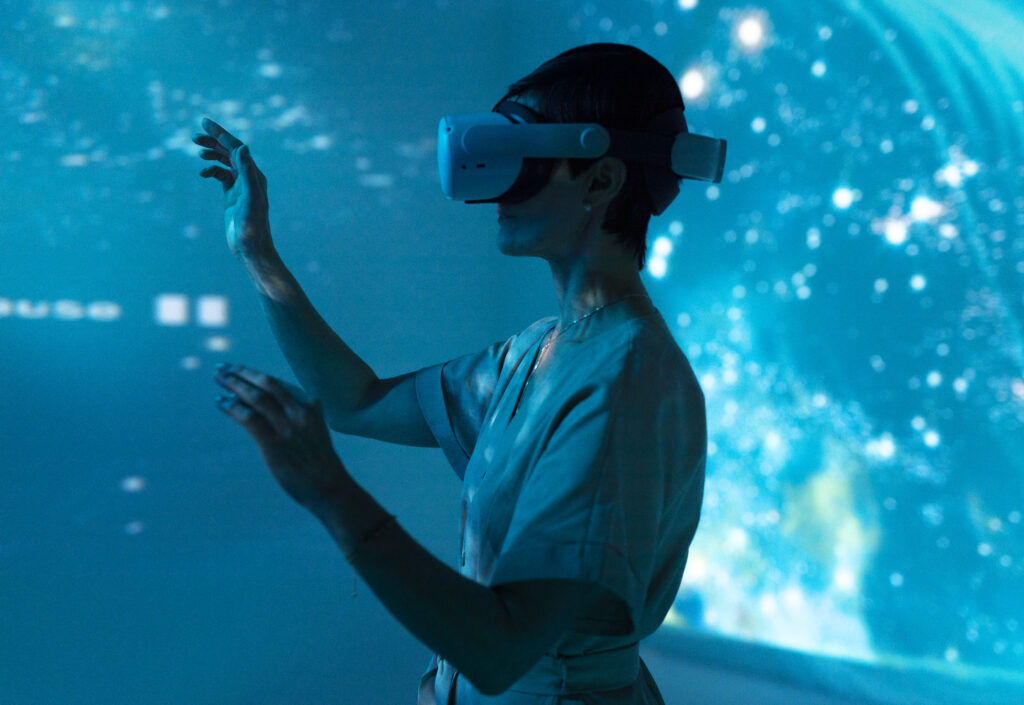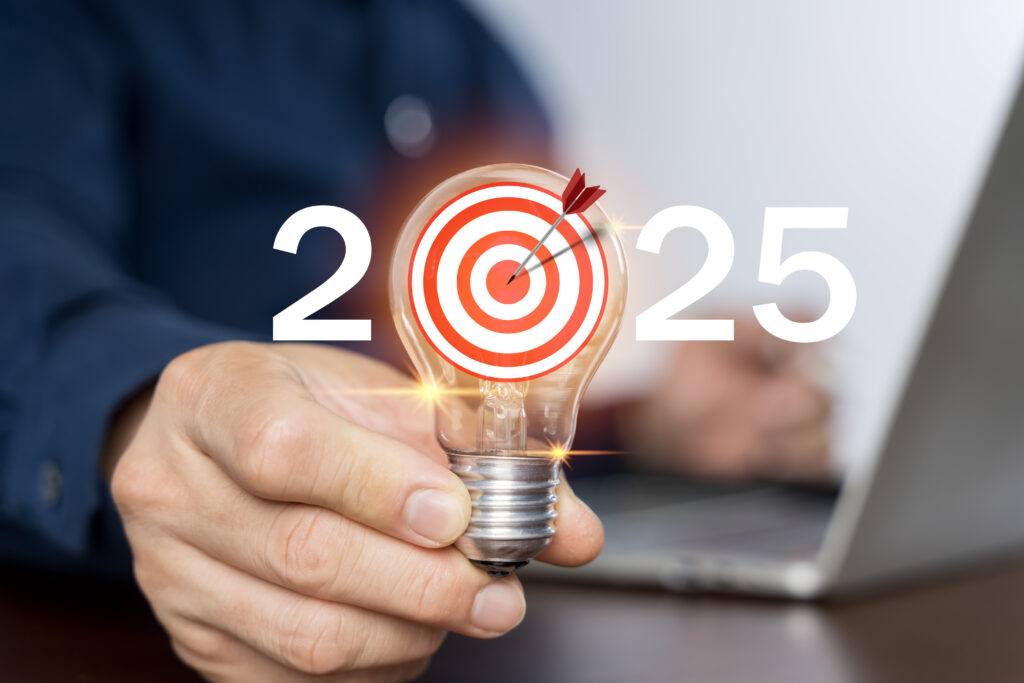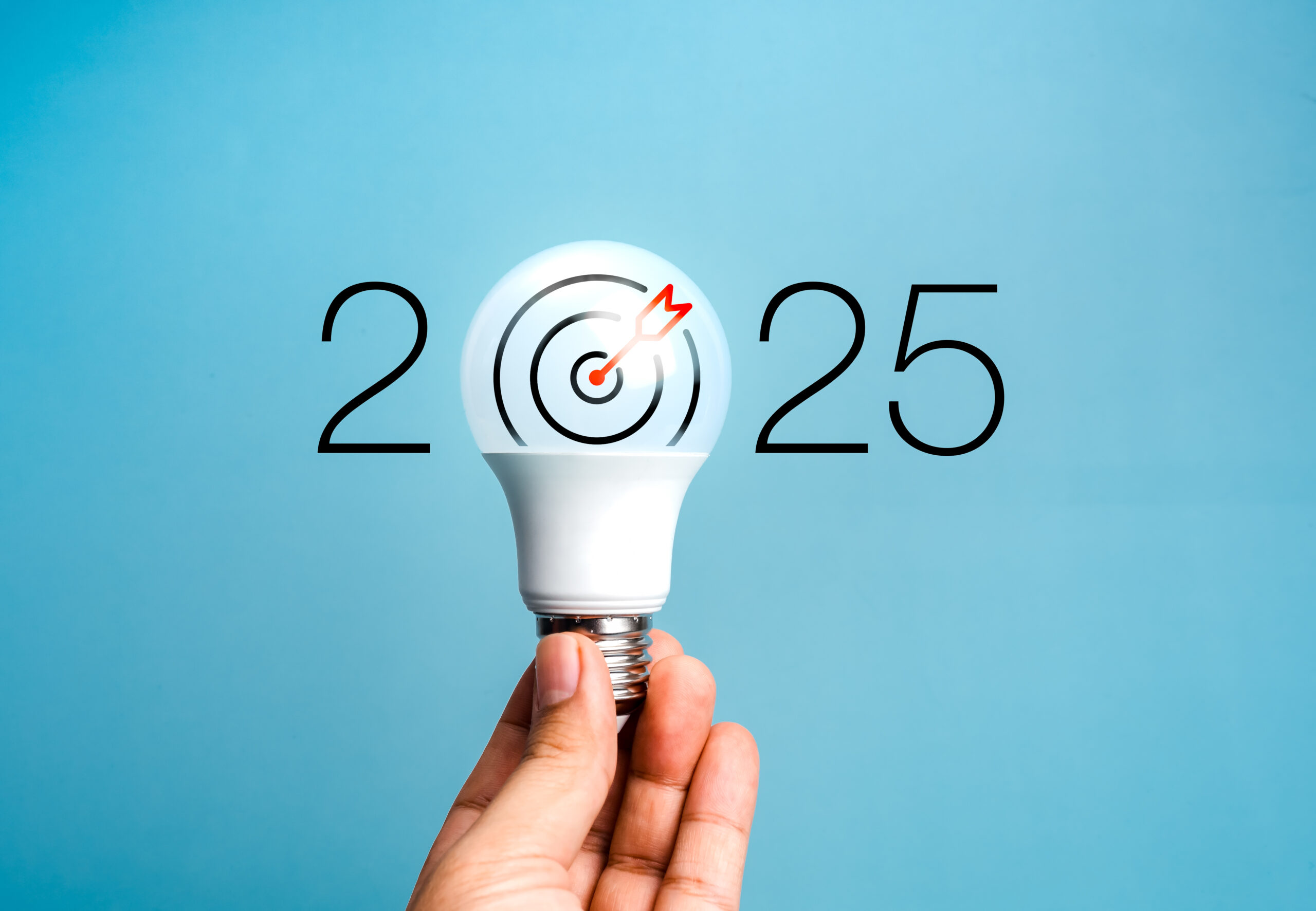As we enter 2025, the marketing landscape continues to change at a rapid rate. To remain competitive and relevant, businesses must constantly innovate. Here are some potential 2025 marketing trends that could shape the industry this year.
1. Hyper-Personalization
In 2025, personalization will go beyond addressing customers by their first names in emails. Hyper-personalization involves using artificial intelligence (AI) and machine learning to analyze vast amounts of data and deliver highly tailored experiences. Brands will leverage customer behavior, preferences, and real-time data to create personalized content, product recommendations, and marketing messages. This technique not only improves customer happiness but also leads to higher conversions.
2. Voice Search Optimization
With the growing popularity of voice-activated devices such as smart speakers and virtual assistants, optimizing for voice search is becoming important. In 2025, more consumers will use voice search to find information, make purchases, and interact with brands.

Marketers must prioritize natural language processing (NLP) and conversational AI to guarantee that their content is easily discoverable via voice queries. This includes optimizing for long-tail keywords and creating content that answers common voice search questions.
3. Sustainability and Ethical Marketing
Consumers are increasingly aware of environmental and social issues. In 2025, brands that focus on sustainability and ethical standards will have a competitive advantage. This trend involves transparent communication about a company’s efforts to reduce its carbon footprint, use eco-friendly materials, and support social causes. Marketing campaigns that highlight these initiatives can build trust and loyalty among consumers who value corporate responsibility.
4. Augmented and Virtual Reality (AR/VR)
AR and VR technology are changing how people interact with products and brands. In 2025, we can expect to see more immersive marketing experiences that allow customers to visualize products in their environment or participate in virtual events.

For example, furniture dealers can utilize augmented reality to show buyers how a piece of furniture might look in their home before making a purchase. These technologies increase engagement while also providing a distinct, memorable experience.
5. Influencer Marketing Evolution
Influencer marketing is not new, but it is always evolving. In 2025, we will see a shift towards micro and nano influencers who have smaller but highly engaged audiences. These influencers frequently establish a more genuine relationship with their audience, resulting in increased trust and trustworthiness. Brands will focus on building long-term partnerships with influencers and leveraging their niche expertise to reach specific target audiences.
6. Data Privacy and Security
With increasing concerns about data privacy, marketers must prioritize data security and transparent data practices. In 2025, consumers will demand more control over their personal information and expect brands to handle their data responsibly. Compliance with legislation such as GDPR and CCPA will be required. Marketers should communicate their data practices clearly and offer options for consumers to manage their data preferences.
7. AI-Powered Customer Service

AI-powered customer care solutions, such as chatbots and virtual assistants, will advance in 2025. These solutions can manage a variety of consumer inquiries, give immediate assistance, and enhance the overall customer experience. By integrating AI into customer service, brands can offer 24/7 assistance, reduce response times, and free up human agents to handle more complex issues.
8. Content Marketing and Storytelling
Content marketing remains a key component of digital marketing tactics. In 2025, storytelling will play a crucial role in engaging audiences. Brands will focus on creating compelling narratives that resonate with their target audience’s values and emotions. High-quality, informative, and entertaining content will be key to capturing attention and building brand loyalty. Video content, podcasts, and interactive content formats will continue to gain popularity.
9. Social Commerce
Social media platforms are becoming powerful e-commerce channels. In 2025, social commerce will be more prevalent, with features that allow users to shop directly from social media posts and stories.

Brands will leverage social media influencers, user-generated content, and shoppable posts to drive sales. Integrating seamless shopping experiences within social platforms will be essential for capturing the attention of social-savvy consumers.
10. Omnichannel Marketing
An integrated approach to marketing across multiple channels will be vital in 2025. Omnichannel marketing ensures a consistent and cohesive customer experience, whether consumers interact with a brand online, in-store, or through mobile apps. Brands will use data to understand customer journeys and deliver personalized messages at each touchpoint. This technique improves consumer satisfaction and increases loyalty.
2025 Marketing Trends: Adapt, Innovate, Succeed

By staying informed about these potential 2025 marketing trends, businesses can adapt their strategies to meet evolving consumer expectations and stay ahead in the competitive landscape of 2025. Embracing innovation and focusing on customer-centric approaches will be key to success in the ever-changing world of marketing.
Remember, the key to thriving in 2025 is to be adaptable and constantly prioritize your consumers.

